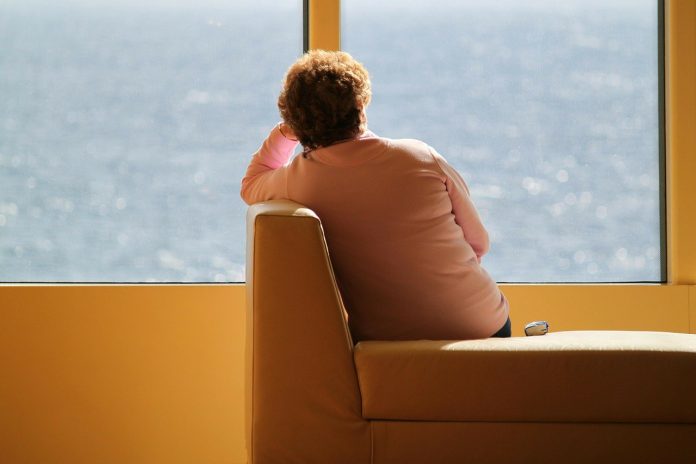
In 2018 U.K. became the first country to appoint a minister to tackle increasing loneliness. Around the same time studies had pointed out that nearly 200,000 elderly people living alone here had not spoken to any friend or relative for a month. Surveys linked loneliness not just to depression but also to increasing risk of heart attack, stroke and dementia. General practicioners said they saw one to five patients per day troubled by loneliness.
This year with the much discussed appointment of Tetsushi Sukamoto Japan became the second leading country to appoint a minister for checking loneliness. Over half a million people, 541,000 to be precise, have been identified in Japan as hikikomori—social recluses who withdraw from all social contact , sometimes for years, confining themselves just to their home. One important cause of this has been stated to be the pressure of too many expectations in academic and professional life.
A survey made by a technology company Kaspersky found that nearly 55% of the Japanese reported to be affected by loneliness even before the pandemic. Social capital refers to trusted social network and ties. In a Legatum Institute study of social capital , Japan was ranked as low as 132 among a total of 167 countries.
Increasing concern has been expressed here particularly regarding loneliness among younger people, including teenagers, and its disturbing linkage to high incidence of suicides and self-harm. According to 2015 data Japanese children in 10-19 age group are more likely to die of suicide than any other cause. In the 10-24 age-group, about 4600 suicides and 157,000 hospitalizations caused by self-inflicted injuries are caused in a year, while the total number of self-inflicted injuries is likely to be much higher. Linkage of loneliness and suicide/self-harm has been particularly worrisome in the age-group up to around 40 or so. This breaks the myth of loneliness as a serious concern being confined mainly to the elderly.
In the USA a survey by Cigna found that almost half of the adults admitted feeling lonely sometimes or always. This has been linked to serious health problems. A study by Kassandra Alcaraz based on records of over half a million persons found high risks of premature death . Dr.Nicole Valtorta found 30% increased risk of stroke and developing coronary disease, while Florida State University College of Medicine found 40% higher risk of dementia. Already researchers were speaking of an ‘epidemic of loneliness’even before the appearance of COVID. Here as in other parts of world, risks have increased further in pandemic times
Several countries reporting high levels of loneliness have also experienced a significant increase in the number of single member households. In the USA 36 million adults live alone, around 8 million in the UK. One in 7 persons in the USA lives alone, while over one in four households is a single member household. In 9 of the larger cities, 1 in 4 persons live alone, while about half of the households are single member ones. In London 23% households are single member ones, in north-east Engand and Scotland this percentage is 33.
While many of those living alone may be somewhat more prone to feeling lonely, it would be improper to stretch this connection too much. Many of those living alone are may say they are quite well-connected socially, while others who feel trapped in strained family life may say they feel lonely. Indeed even some of those spending a long time in crowded markets and transport may feel lonely, when it comes to meaningful, trusting and satisfying relationships.
Loneliness must not be seen not in isolation, but as a part of the wider, aggravating social trends that emphasize more material aspects of life at the cost of relationships, more individual concerns at the cost of social ones, self-centered thinking at the cost of broader engagement with social welfare.
Such a broad understanding has unfotunately been missing in several well-intentioned efforts which are aimed more at tackling the symptoms rather than the deeper causes of loneliness, providing some immediate relief rather than durable solutions.
This is not to under-value or discount short-term relief. This too can be valuable, at times perhaps play a life-savng role. All those volunteering for such efforts, or engaged in them, deserve our thanks and appreciation. However these by itself will not be adequate in the longer term till the wider task of creating a more socially engaged, justice-based, inclusive and harmonious society with stronger community life and ties is attempted in a much bigger and sustained way with much more commitment.
One can only hope that with better understanding of not just the seriousness but also the various broader dimensions of loneliness, more durable solutions will soon start getting more attention.
Bharat Dogra is a journalist and author, is Honorary Convener, Campaign to Save Earth Now. His recent books include Man over Machine and Protecting Earth for Children.













